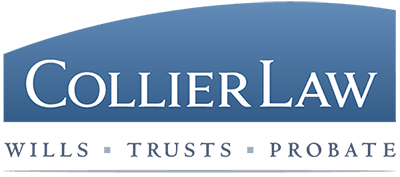2020 Federal Legislation Brings Major Changes to IRA Planning
A person’s retirement accounts are often a significant part of their financial plan during life, and an important tool for benefiting their loved ones after death. The Setting Every Community Up for Retirement Enhancement Act (SECURE Act) brings both positive and negative changes to retirement planning.
One major change is the option to delay receiving required minimum distributions, or RMDs, from retirement accounts until the owner reaches age 72. The prior rules compelled the RMDs to begin at age 70 ½. The delayed onset opens new doors for financial planning strategies and withdrawal options that alter the monthly benefits owners will receive from their retirement accounts.
The SECURE Act changes how retirement accounts are distributed to beneficiaries after death.
Upon a retirement account owner’s death, the beneficiaries of the inherited account have important options that affect how much income the beneficiary will receive monthly from the account, and how those amounts will be taxed. Prior to January 1, 2020, non-spouses inheriting retirement accounts could stretch out monthly disbursements throughout their lifetime. The new rules require the inherited IRA to be completely distributed within 10 years of the original retirement account owner’s death. This change will raise approximately $15.5 billion in additional tax revenue over the next decade.
Fox example, under the prior rules, a 35-year-old beneficiary of a retirement account could choose to receive monthly distributions for over 45 years. The SECURE Act removes that stretch out option and requires the account to be completely dispersed within 10 years. The new rules limit the ability to stretch income tax deferral beyond the retirement account owner’s lifetime and may push beneficiaries of an inherited account into a higher income tax bracket.
The SECURE Act also makes it easier for small business owners to set up “safe harbor” retirement accounts, which are now less expensive and less complicated to manage. The new bill allows part-time workers to participate in employer retirement plans. Part-time employees working either 1,000 hours throughout the year, or who have worked for three consecutive years with at least 500 hours of employment, are now eligible to enroll in employer retirement plans.
Retirement account owners and beneficiaries should carefully review the new rules under the SECURE Act to understand how their finances will be affected.
Copyright © Collier Law. All rights reserved.

